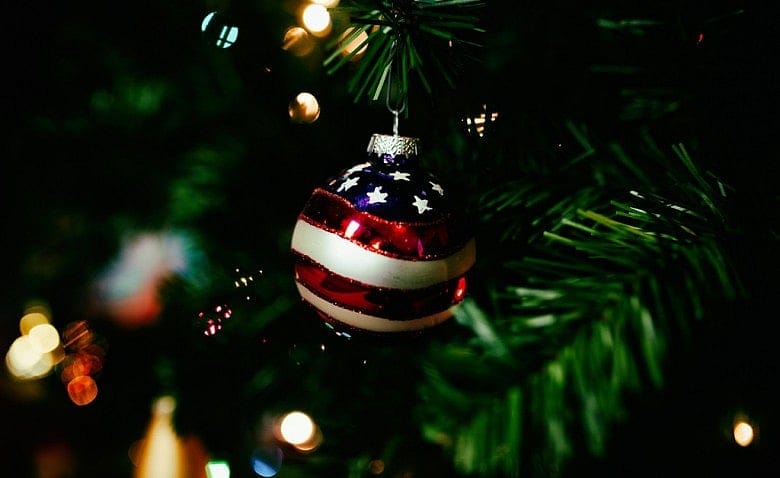Christmas controversy as American tradition, 2015 edition

Each holiday season, it seems Americans find themselves immersed in what some commentators describe as a "War on Christmas." From bans of Christmas trees in some public squares to viral videos decrying "secular" red Starbucks cups, the debate has become a holiday tradition all its own.
Just this month, a Marlborough, New Hampshire, man was told to erase the word "Christmas" from fliers he was handing out to students about the local tree-lighting ceremony.

